Best Kidney Transplant Hospitals in Turkey

Yeditepe University Healthcare Institutions
Istanbul, TurkeyMulti-Specialty Hospital
İçerenköy Mahallesi Hastane Sokak No:4 D:4/1, Istanbul, Turkey
Istanbul 34854
Specialities
19Doctors
35Beds
180



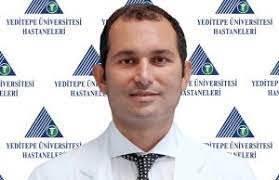






American Hospital
Istanbul, TurkeyMulti-Specialty Hospital
Güzelbahçe Sok, No:20,
Specialities
139Doctors
110Beds
200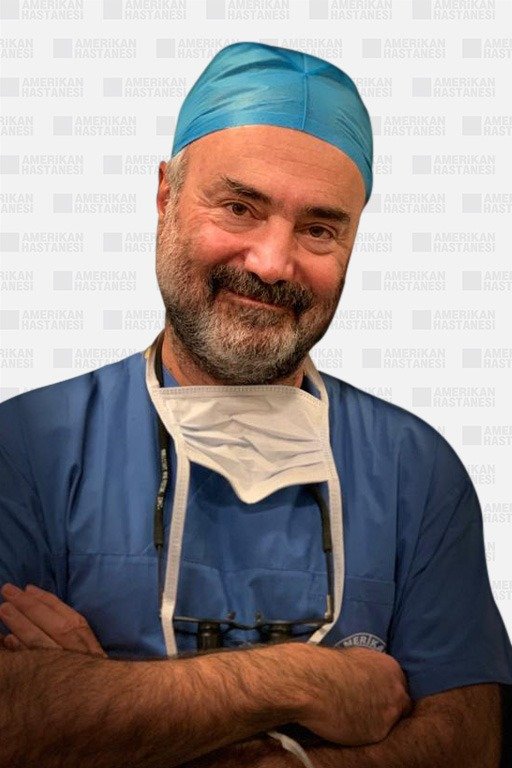


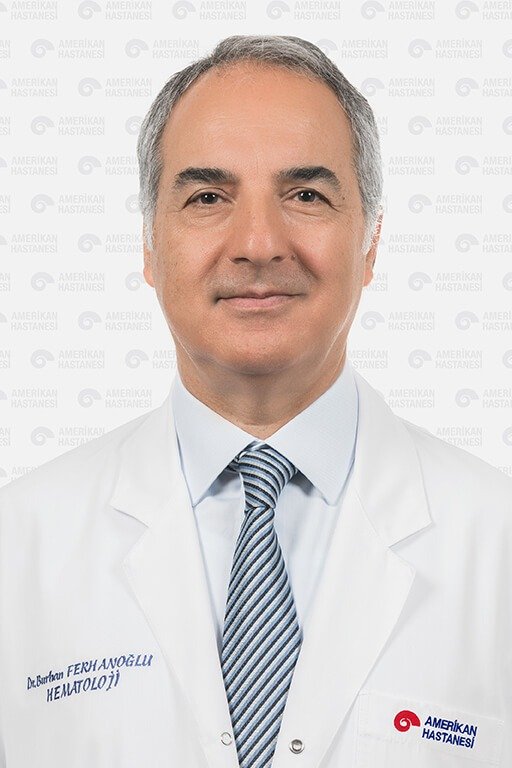



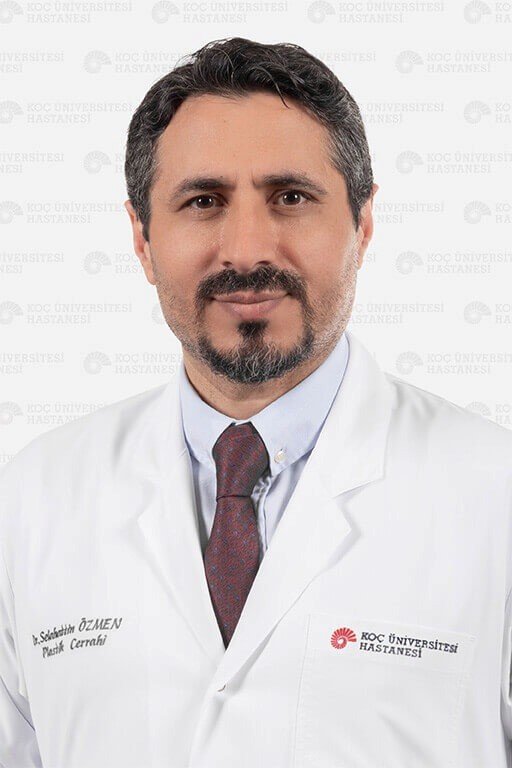



Medipol University Hospital, Istanbul
Istanbul, TurkeyMulti-Specialty Hospital
TEM Avrupa Otoyolu Göztepe Çıkışı No: 1, Bağcılar,Istanbul,Turkey
Specialities
126Doctors
31Beds
470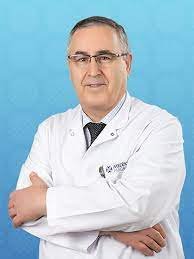










Medicana International Istanbul
Istanbul, TurkeyMulti-Specialty Hospital
Kısıklı Mahallesi, Alemdağ Cd. No:103, 34692 Üsküdar/İstanbul
Specialities
84Doctors
121Beds
1170
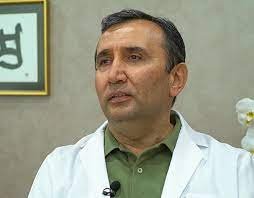

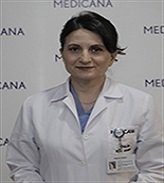
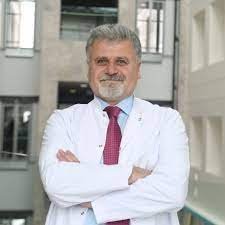




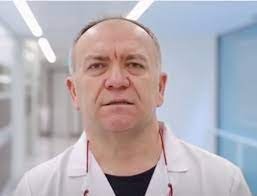

Liv Hospital
Istanbul, TurkeyMulti-Specialty Hospital
Ulus Mahallesi, Canan Sk., Beşiktaş/İstanbul, Turkey
Istanbul 34340
Specialities
95Doctors
3Beds
159



Koc University Hospital
Istanbul, TurkeyMulti-Specialty Hospital
Koç University Hospital, Davutpaşa Caddesi
Istanbul 34363
Specialities
44Doctors
27Beds
404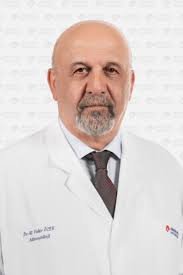

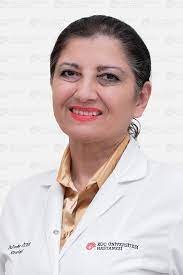


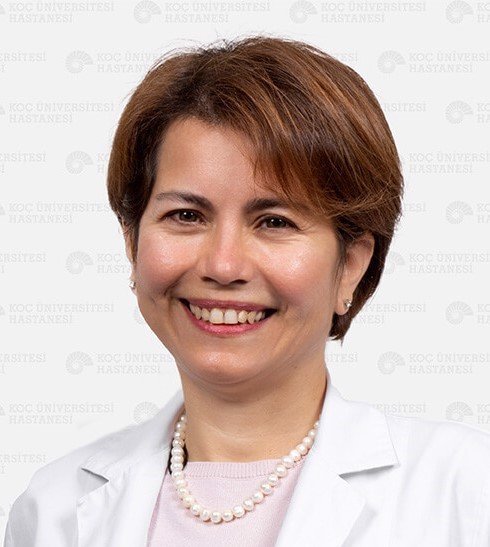

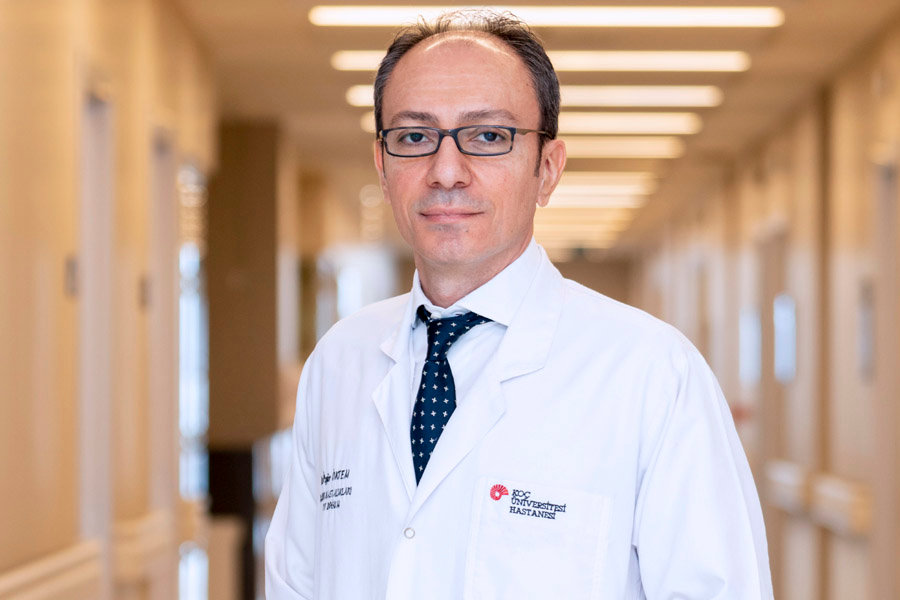
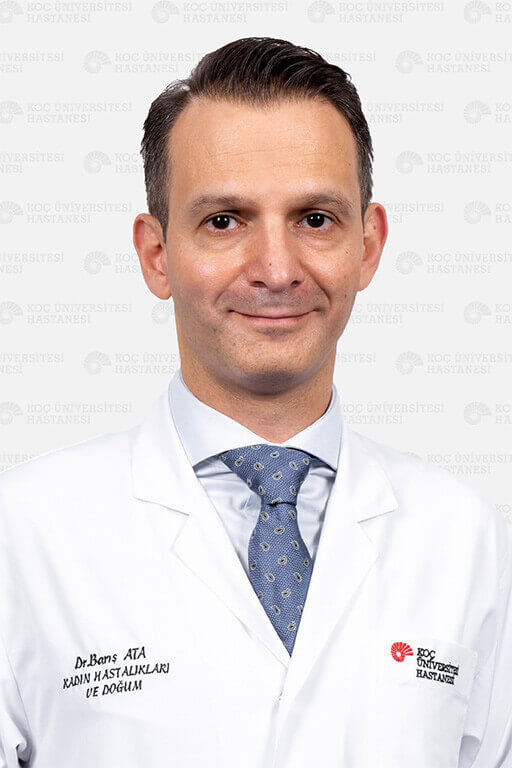



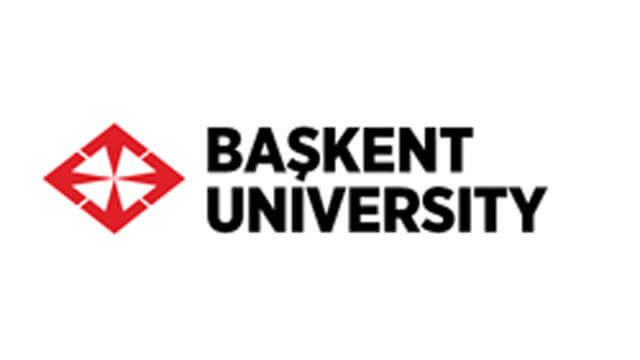
Baskent University Hospital
Istanbul, TurkeyMulti-Specialty Hospital
Altunizade, Kısıklı Caddesi
Uskudar 34662, Turkey
Specialities
18Doctors
0Beds
126
Memorial Sisli Hospital
Istanbul, TurkeyMulti-Specialty Hospital
Piyalepasa Blv. 34385, Sisli/Istanbul
Specialities
13Doctors
1Beds
0

Maltepe University Hospital
Istanbul, TurkeyBağlarbaşı, Feyzullah Cd. No:39, 34844 Maltepe/İstanbul, Turkey
Specialities
3Doctors
0Beds
0Questions & Answers on "Kidney Transplant" (9)
Sir my husband need kidney transplant can you do free transplant
Male | 56
Answered on 14th Feb '25
Read answer
My uncle is a 50 year old with a history of diabetes and arrythmia. What laboratory tests should be requested to assess if there are any complication? If a patient has CKD what blood value would most likely be elevated?
Male | 50
Lab tests help doctors check health issues. Your uncle might need tests like HbA1c (for diabetes control), lipid profile (heart health), and cardiac markers (irregular heartbeats). With kidney disease, creatinine levels usually rise. That may cause fatigue and swelling as kidneys struggle. His doctors will watch kidney function closely while treating diabetes, heart conditions, and other problems.
Answered on 18th June '24
Read answer
Hello i wanna ask about the artificial kidney. does anyone plant this machine?if yes tell me about the results. thank you
As per my understanding you want the information regarding artificial kidney. The artificial kidney (Kidney Project's) hemofiltration system is currently awaiting FDA approval for an initial clinical trial to evaluate its safety standards. Consult a nephrologist for further information, you can refer this page too - 10 Best Nephrologist in India. Hope our answer helps you.
Answered on 18th July '24
Read answer
I would like to sell my kidney for money
Male | 38
Illustrating your kidney is illegal in many parts of the world and it is a health hazard. Every organ is important for the body to function properly and taking out one of them may lead to complications such as, infections, or decreased kidney function. People living with financial difficulties still have other less risky ways to get through. They rather should go for financial advice or look for community resources. Of primary importance, therefore, is using all means to care for both body and mind at highest levels. You are strongly advised to seek medical assistance or financial advice, which can be tailored to your situation.
Answered on 18th Dec '25
Read answer
Kidney sell out Krna h ho jye ge ky 25 lakh ki need h
Male | 32
It's important to know that selling organs is illegal and unsafe. There are many reasons why someone might consider this, like financial struggles or desperation, but it's crucial to explore other options. In fact, kidney donation should always be voluntary and altruistic. If you or someone you know is facing financial difficulties, there are support services available to help. I recommend reaching out to a healthcare professional or a social worker who can provide guidance and assistance.
Answered on 28th Oct '25
Read answer
Hi dear, I am from Nepal, 60 years male and am under hemodialysis since 2 years back. For the first year I was more centralized in myself and much concerned how much hemodialysis was safe. I met people under dialysis for 8 years to even 12 years. I even met few people come back a year or two after successful kidney transplant. Then , I used to think this is OK, my life expectancy was not more than 18 years then. But this winter I witnessed 4 critical deaths at my dialysis centre, which left me more unsafe and worried. Now I also am infected with HCV+ at this moment. I am a diabetic patient since 2001, Three years back I had a minor hemorrhage There is only one centre in my place where i can dialyze. So in a way I am handicapped, can not travel. Now something came up my mind, if I could find a volunteer Donner in India, the hospital fee is actually affordable. Considering all my health condition is it possible for me to perform transplant. If you see it possible please advise. Thank you. Regards. Nero
Hello, Renal transplant should not be an issue. You need to get listed for donor's list. There is an entire protocol to match with donor. Your fitness will be decided by the nephrologist. Please consult a nephrologist for further guidance about the treatment. This page might help you find subject matter experts who would be at a better position to guide - Best Nephrologist in India, for a kidney transplant. Hope my answer helps you.
Answered on 23rd May '24
Read answer
Please help me, my father is scheduled to have a kidney transplant next week. Is there any chance of failure in this procedure? And if yes, then what happens next?
Transplant it is a super major surgery. Any kind of transplant has its complications, and graft rejection is one of them. There are many other complications associated with the kidney transplant therefore transplant needs a multidisciplinary approach and a team of experts to deal with such patients.
Consultant kidney transplant doctors as they will be in a better position to guide you accordingly, because everything depends on patients age, his condition associated comorbidities, the match of the graft and many other factors. Consult a transplant specialist for guidance. Hope our answer helps you.
Answered on 27th Dec '25
Read answer
My. Kidney sell karni hai many emergency 70 lakh ki kya aap meri kidney karva sakte hain my name is Sandeep Kumar Gupta Madhya Pradesh district Rewa pin code number 48 64 45
Male | 32
I'm sorry to hear that you're facing this situation, but selling a kidney is not a safe or legal option. If you're experiencing health issues, it's crucial to consult a healthcare professional who can provide the right diagnosis and treatment plan. Symptoms like pain or changes in urination should be addressed by a doctor. They can help you explore appropriate medical options to improve your health.
Answered on 9th Jan '26
Read answer
Hello Sir, my grandmother is suffering from kidney disease. I want to ask that when it is necessary to transplant a kidney and how long does a kidney transplant patient survive?
As per my understanding, you are looking for the renal transplant. Renal transplant should not be an issue. But it is a major procedure therefore patient's overall health, associated comorbidities, patient's age, weighing benefits over risk are some of the factors to be considered. You need to have a qualified donor who was selected from donor's list. There is an entire protocol to match with donor. Patient's fitness will be decided by nephrologist and his team. Also lifestyle changes, emotional support, counselling of patient and family to deal with the disease will improve the quality of life. Please consult Nephrologists in Mumbai, or in any other city.
you can also go through this blog kidney transplant for more information.
Answered on 23rd May '24
Read answer
Get Free Assistance!
Fill out this form and our health expert will get back to you.